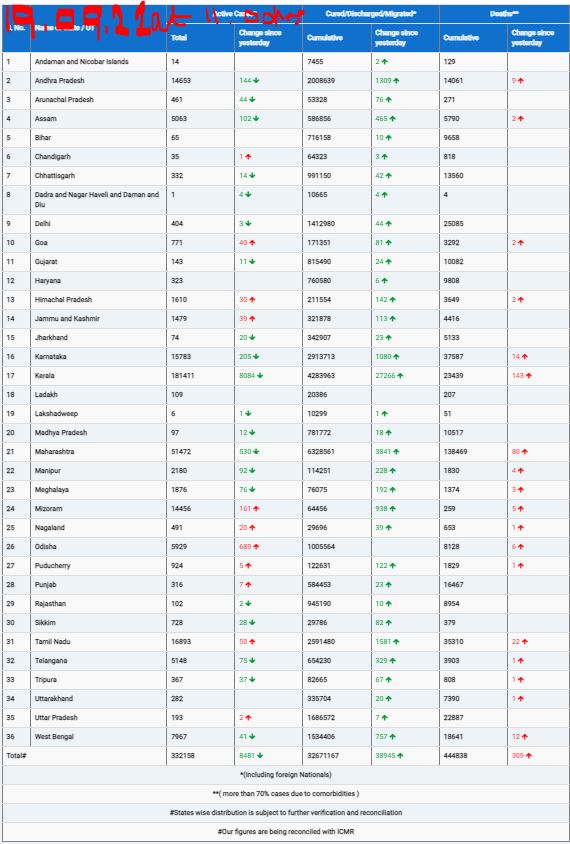Researchers from the University of Virginia School of Medicine have made a groundbreaking discovery about how certain cells in the body can switch their function to regulate blood pressure. This research offers potential for developing innovative treatments for high blood pressure and related vascular diseases.
The key players in this discovery are smooth muscle cells, which line our arteries and typically help control blood pressure through contraction and relaxation. However, when blood pressure drops significantly over prolonged periods, these smooth muscle cells in the kidney, along with other kidney cell types, can transform their function. Instead of merely controlling the physical state of blood vessels, they begin producing renin, a hormone crucial for raising blood pressure. Renin is typically manufactured by specialized cells in the kidneys, but under stress, these smooth muscle cells step in to help maintain blood pressure balance.
For years, scientists were unsure of the genomic triggers that regulate this transformation. Now, researchers at the UVA School of Medicine have identified a crucial biological “switch” that controls the change, shedding light on this extraordinary cellular flexibility.
Uncovering the Mystery Behind Renin Production
Dr. R. Ariel Gomez and Dr. Maria Luisa S. Sequeira-Lopez, leading experts in the study of renin and blood pressure regulation, worked alongside senior scientist Dr. Jason P. Smith to investigate how smooth muscle cells can remember how to produce renin, even after stopping its production for extended periods.
The team identified nine key genes responsible for controlling the three main biological pathways that regulate renin production. These genes act as triggers, enabling smooth muscle cells to resume renin production when needed, even though they usually stop producing it under normal conditions. This ability to “switch back” is a crucial mechanism for maintaining blood pressure stability.
One of the most exciting findings from the research was the discovery of an “epigenetic switch” that keeps the renin-producing gene accessible, even when the cells are not actively producing renin. “We expected to find the region in your genome where this gene is located to be inaccessible when renin is turned off,” explained Dr. Smith. “But it turns out this spot stays generally accessible in cells that are ready to be called into action when more renin is needed.”
Implications for Treating Hypertension and Kidney Diseases
Renin plays a critical role in controlling blood pressure, and the findings from this study could have far-reaching implications for treating high blood pressure (hypertension) and preventing kidney damage. A better understanding of how renin production is regulated might help scientists develop new medications with fewer side effects, particularly for those suffering from long-term hypertension.
The researchers also see potential for their findings to inform treatments for kidney fibrosis, a dangerous condition where scarring damages the kidneys. By targeting the renin-control processes, scientists may be able to develop therapies that mitigate or prevent fibrosis progression.
“Now we want to identify markers and potential targets to mitigate and hopefully control unwanted effects of chronic stimulation of the renin cells,” said Dr. Sequeira-Lopez. “It is crucial to understand the basic secrets of our cells to design more and more effective therapies with less or no adverse effects.”
A Path Forward
The UVA team’s research offers a comprehensive map of how renin production is regulated, providing valuable direction for future studies. Their findings could pave the way for a new generation of blood pressure medications and treatments for kidney disease, improving outcomes for millions of patients worldwide.
This research was supported by the National Institutes of Health, with grants P50DK096373, R01DK116718, and R01HL148044. The team’s work is expected to influence the future of cardiovascular and kidney health research.
As scientists continue to explore the cellular mechanisms controlling blood pressure, the discovery of this important “switch” marks a significant step toward understanding and treating complex vascular conditions.












